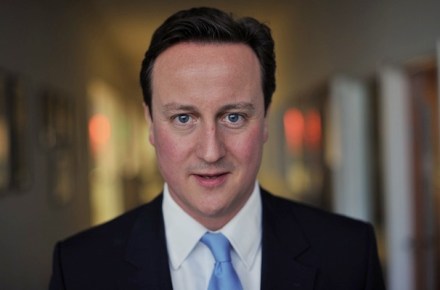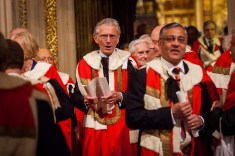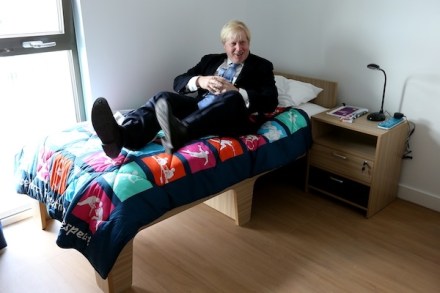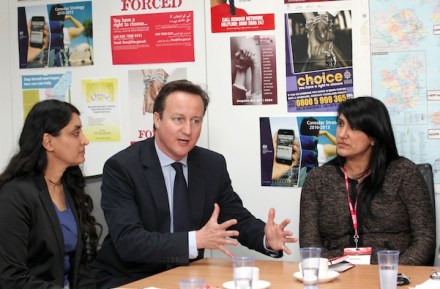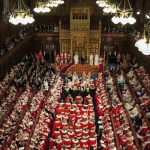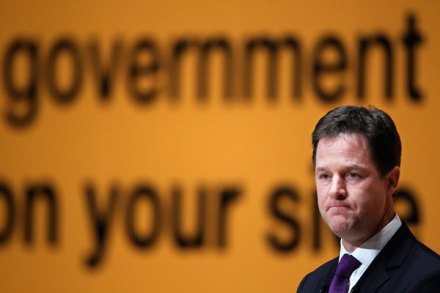Cameron confirms boundary vote
David Cameron has confirmed this lunchtime that the boundary reforms will be pressed to a vote. Describing the plans that the Lib Dems are now set to reject as ‘sensible’, he said that they would be ‘put forward’ to MPs. As James reported yesterday, Conservative sources are not yet conceding defeat on this, hoping that something might turn up to ensure their passage through parliament. But the vote will lead to the extraordinary spectacle of Lib Dem ministers walking through the ‘no’ lobbies with Labour and then, according to party sources, resuming their positions on the front bench without any censure because these are exceptional circumstances. The Prime Minister gave
